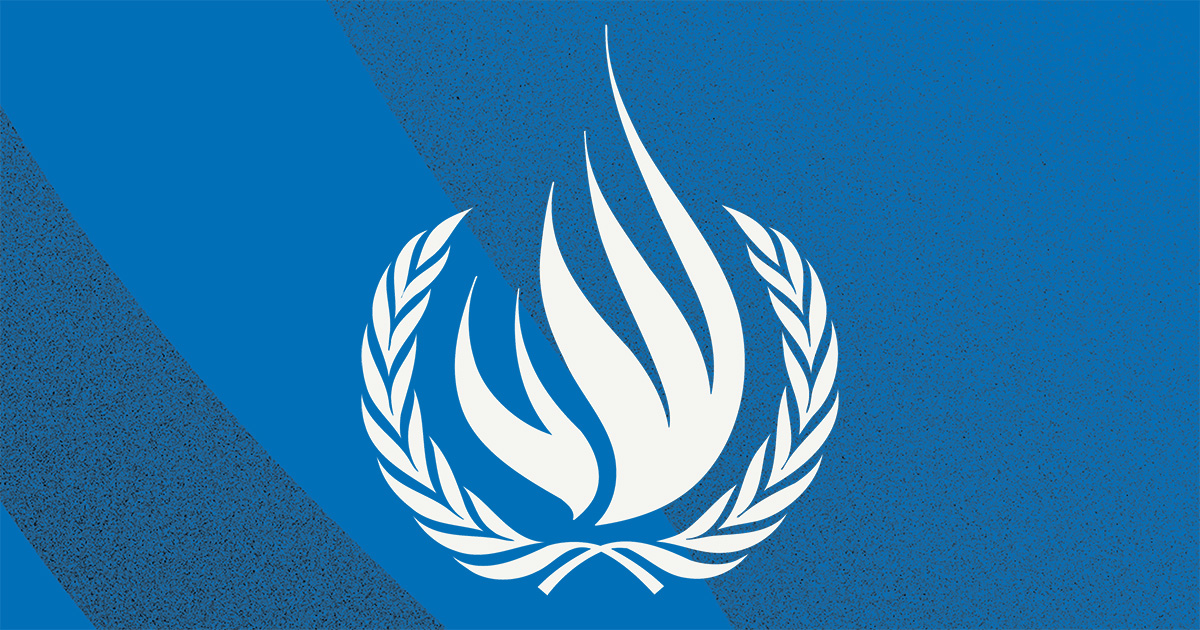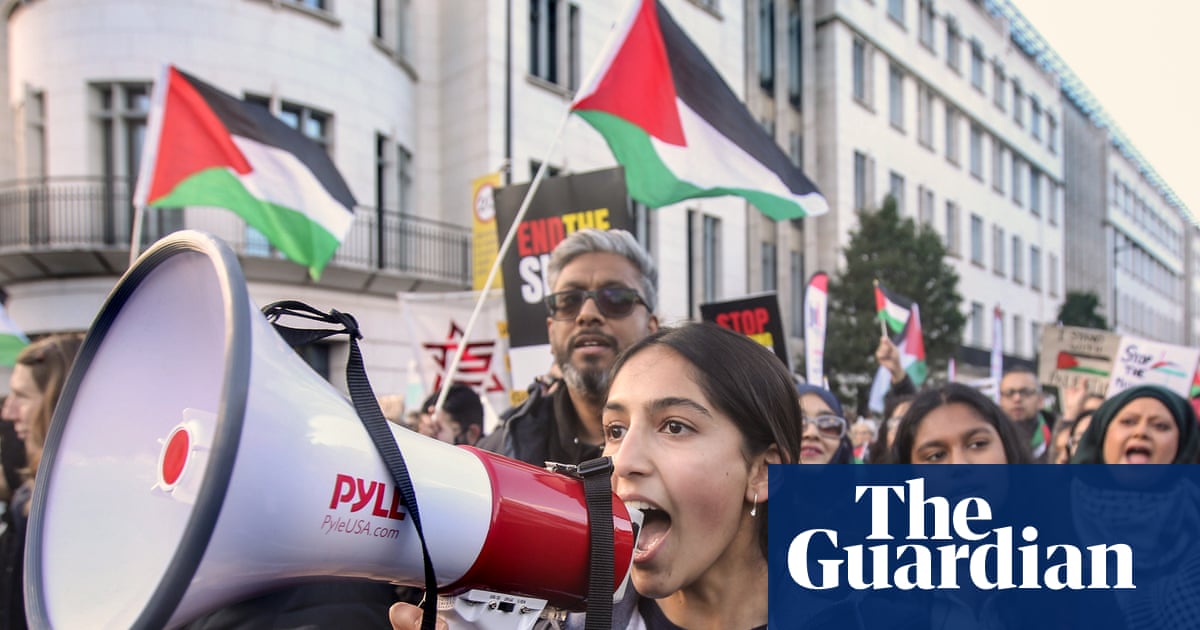
Okeil: The legislative environment for child labor in Eritrea and Somalia must be updated because it is ineffective
Asmaa Hegazy: Regional and international efforts must be intensified to curb the phenomenon of child labor
Maat for Peace, Development and Human Rights has released a new study entitled “Child Labor in Eritrea and Somalia: What Waits for the Little Palms?” on the various violations that children are exposed to in the context of employment that does not fit their age, which exposes them to grave risks, whether physical or intellectually. Besides, it addresses other related violations, and come up with recommendations to help reduce this phenomenon.
The study discussed the main causes and factors behind child labor in both Eritrea and Somalia, the legal legislation and agreements signed by the two countries to counter this phenomenon and the extent of their commitment to them, as well as the regional and international situation to curb this alarming phenomenon.
Commenting on the study, Ayman Okeil, the human rights expert and president of Maat for Peace, Development and Human Rights, said that despite the international assistance provided to the governments of Somalia and Eritrea in this regard, there is still a sharp increase in the number of child laborers in both countries and the related violations of children’s rights. Okeil stressed the need to adopt an integrated human rights approach to dealing with child labor issues by countries and international organizations working in the field.
Okeil further called for the necessity of amending and updating the legislative and regulatory environment for child labor in Eritrea and Somalia in light of the limited application of such legislation and its inconsistency with reality.
For her part, Asma Hegazy, a researcher at the African Affairs and Sustainable Development Unit at Maat, pointed to the extent of violations committed against children in Africa in general and in the two countries under study in particular as a result of poor economic conditions, which forces more vulnerable households to send their children to work to help make ends meet, even if the work nature or environment is not appropriate for the child age and would badly affect his physical and psychological wellbeing. Hegazy called for the need to find alternative ways to protect and support the poor households that send their children to work and to develop programs that provide social safety nets for children.
Notably, Africa is among the issues of concern to Maat for Peace, Development and Human rights, being a member of the General Assembly for the Economic, Social & Cultural Council (ECOSOCC) of the Africa Union (AU), an Observer in The African Commission on Human and People’s Rights (ACHPR), and a Northern African Coordinator in the major Non-Governmental Organizations (NGOs) in Africa of the United Nations Department of Economic and Social Affairs (UN DESA).












